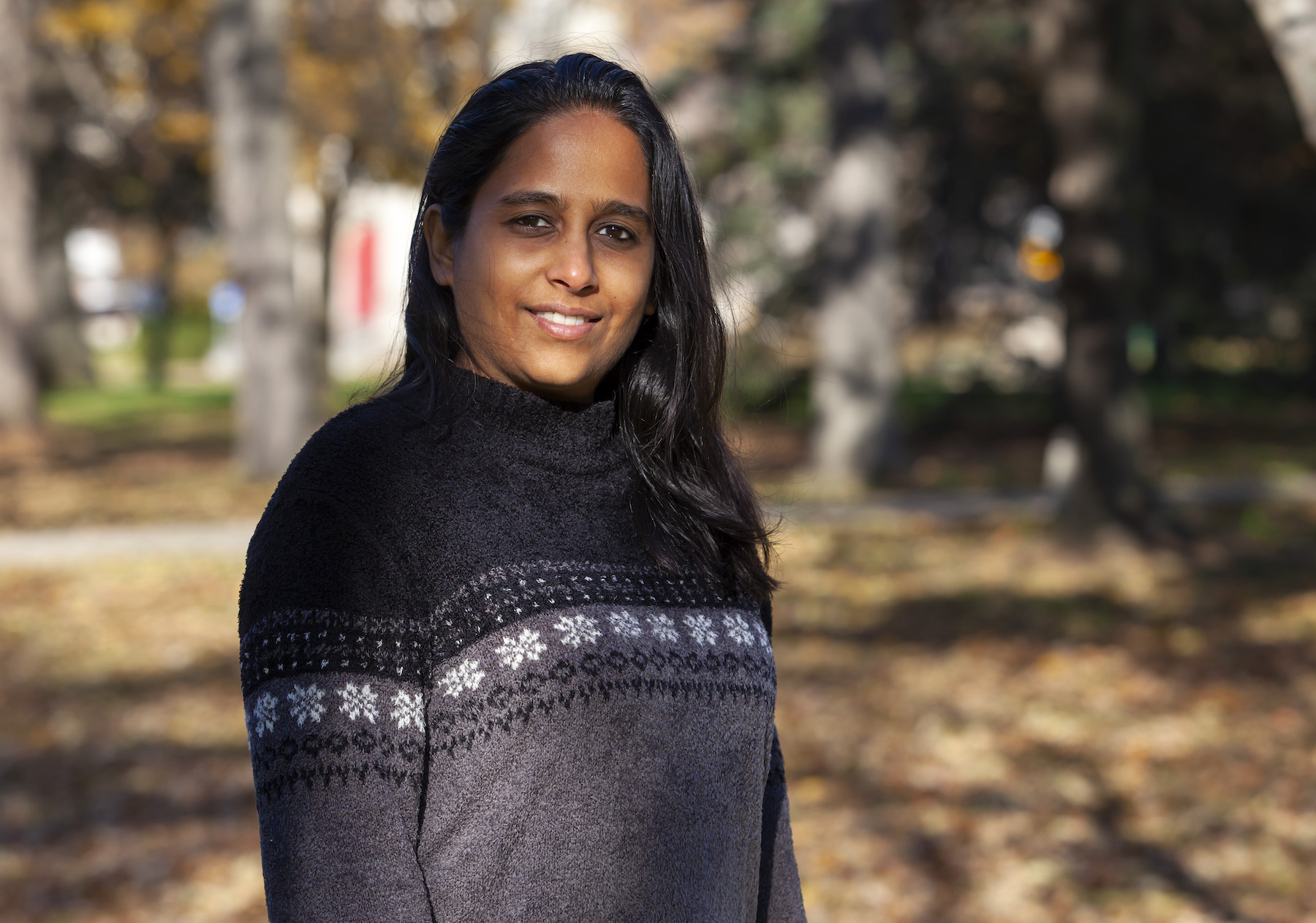
About the series: On Main Hall Green With … is an opportunity to connect with faculty on things in and out of the classroom. We’re featuring a different Lawrence faculty member each time — same questions, different answers.
Story by Ed Berthiaume / Communications
Asha Srinivasan, an associate professor of music, continues to make her mark as a talented composer.
She’s been commissioned to write 21 pieces since arriving at Lawrence in 2008.
Srinivasan writes for a broad array of instrumentation, including large ensemble, chamber, and electroacoustic media. Among other honors, her composition, Dviraag, an eight-minute work for flute and cello, received the first-place prize at the 2011 Thailand International Composition Festival; she was one of eight composers nationally selected as a resident composer for the 2012 Mizzou New Music Initiative in Columbia, Missouri; and she earned first-place honors in the Flute New Music Consortium’s 2014 international composition competition. In 2019, she was chosen to write a piece of music commissioned as part of East Carolina University’s NewMusic Initiative.
An Indian-American composer, Srinivasan said she draws on her Western musical training and her Indian heritage to create her compositional language.
She earned a bachelor’s degree from Goucher College, a master’s degree in computer music composition and music theory pedagogy from the Peabody Conservatory, and a D.M.A. in composition from the University of Maryland.
We caught up with Srinivasan to talk about interests in and out of the classroom:
IN THE CLASSROOM
Inside info: What’s one thing you want every student coming into your classes to know about you?
I want my students to know that I see teaching as a reciprocal act of learning. They learn from me and I learn from them. That was true my first year here and it continues to remain true. I am passionate about teaching young composers how to see their full potential and how to bring out the best in their own musical creations. At the same time, I am humbled by their creativity, knowledge, and perspective, and my own work has benefited tremendously through the rich interactions I have with my students.
Getting energized: What work have you done or will you be doing at Lawrence that gets you the most excited?
Attending our composition senior recitals (the senior capstone in composition) is always one of the most gratifying experiences. As I listen to the range of a student’s work, from early, intermediate, and advanced stages, I feel a deep sense of satisfaction and mystery as I reflect on the student’s development over four years. Here is another emerging composer, with their own unique voice and perspective on music and life, now ready to go beyond Lawrence and forge a new life trajectory through music creation.
Going places: Is there an example of somewhere your career has taken you (either a physical space or something more intellectual, emotional or spiritual) that took you by surprise?
At the start of my composing career, performances of my music were usually arranged by me. I needed to be involved in order to make it happen. A pleasant surprise that takes place slowly over the course of a composer’s life is when the music one writes starts to take on a life of its own. Nowadays, performers I’ve never met, from all over the U.S. and abroad, find my music inspiring and arrange performances entirely without my knowledge or my effort. I’m also caught by surprise when people write about my music, either as part of a graduate dissertation, or just a course paper, or in professionally published work on music, such as Danielle Fosler-Lussier’s Music on the Move.
A relatively new experience that I’m enjoying is hearing from young Indian-American musicians who want to perform my music. In retrospect, it shouldn’t be surprising, but that is a connection I had not anticipated when I was an emerging composer simply writing the music that represented my Indian-American experience.
See more faculty profiles here
OUT OF THE CLASSROOM
This or that: If you weren’t teaching for a living, what would you be doing?
From the start, I had always primed myself for a path in music. But, in retrospect, I would have loved working with animals, like a vet technician or a zookeeper perhaps. If I stopped teaching now, what I would love to do is work in a social justice environment, helping others in need in some capacity.
Right at home: Whether for work, relaxation or reflection, what’s your favorite spot on campus?
I love the Wriston Amphitheatre. It’s just such a neat space to have on a college campus.
One book, one recording, one film: Name one of each that speaks to your soul? Or you would recommend to a friend? Or both?
Braiding Sweetgrass, by Robin Wall Kimmerer, is by far one of my favorite books because of the way the author weaves fascinating stories about nature through science explanations and Indigenous perceptions of the natural world.
Grá agus Bás, by Donnacha Dennehy, has a very compelling sound with beautiful and stunning Gaelic singing by Iarla O’ Lionáird over a complex and dense texture created by the Crash ensemble. For me, it stands as one of the best examples of what newly composed concert music is capable of, and this continues to give me inspiration for my composing and teaching work.
One of my all-time favorite movies is called 15 Park Avenue, directed by Aparna Sen. It’s an Indian film but it’s entirely shot in English. It’s about a young woman who suffers from schizophrenia and how her older sister, who is a professor, has to negotiate caring for her and their aging mother. The actors, the dialogue, the production, really everything about it is absolutely at its very best.
Ed Berthiaume is director of public information at Lawrence University. Email: ed.c.berthiaume@lawrence.edu
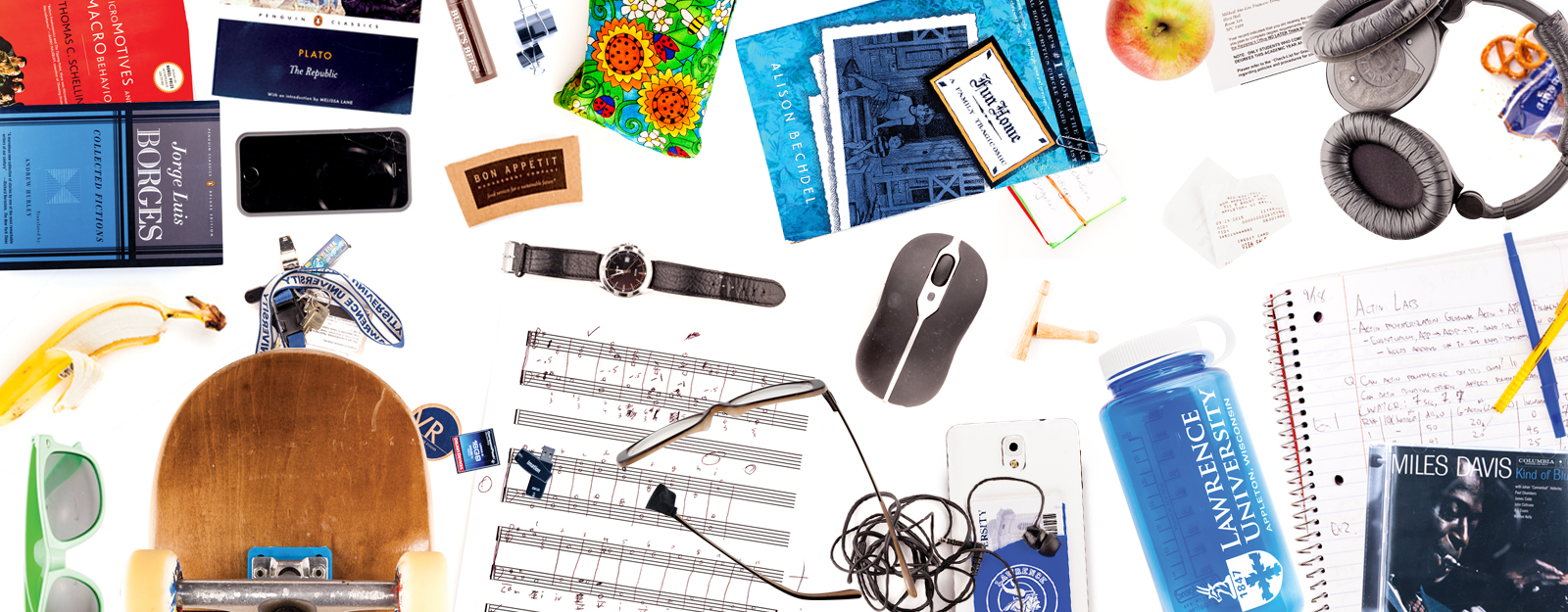
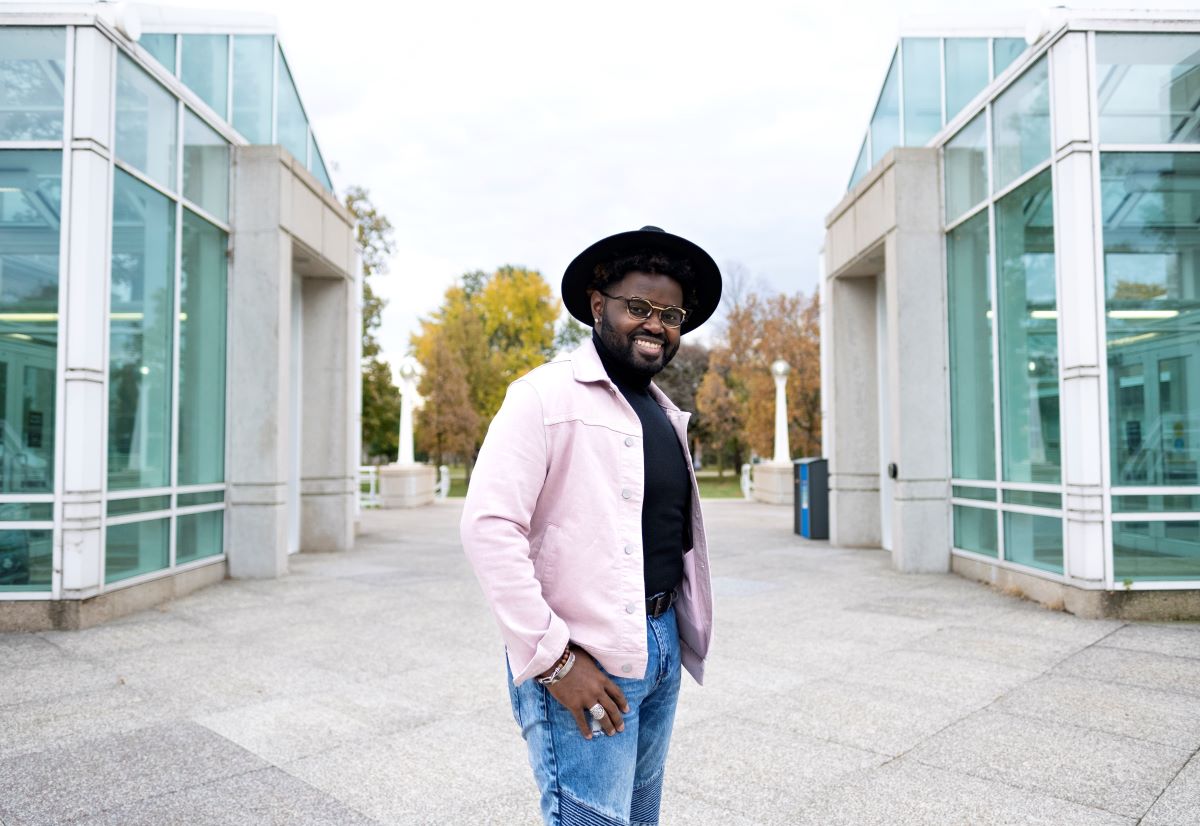
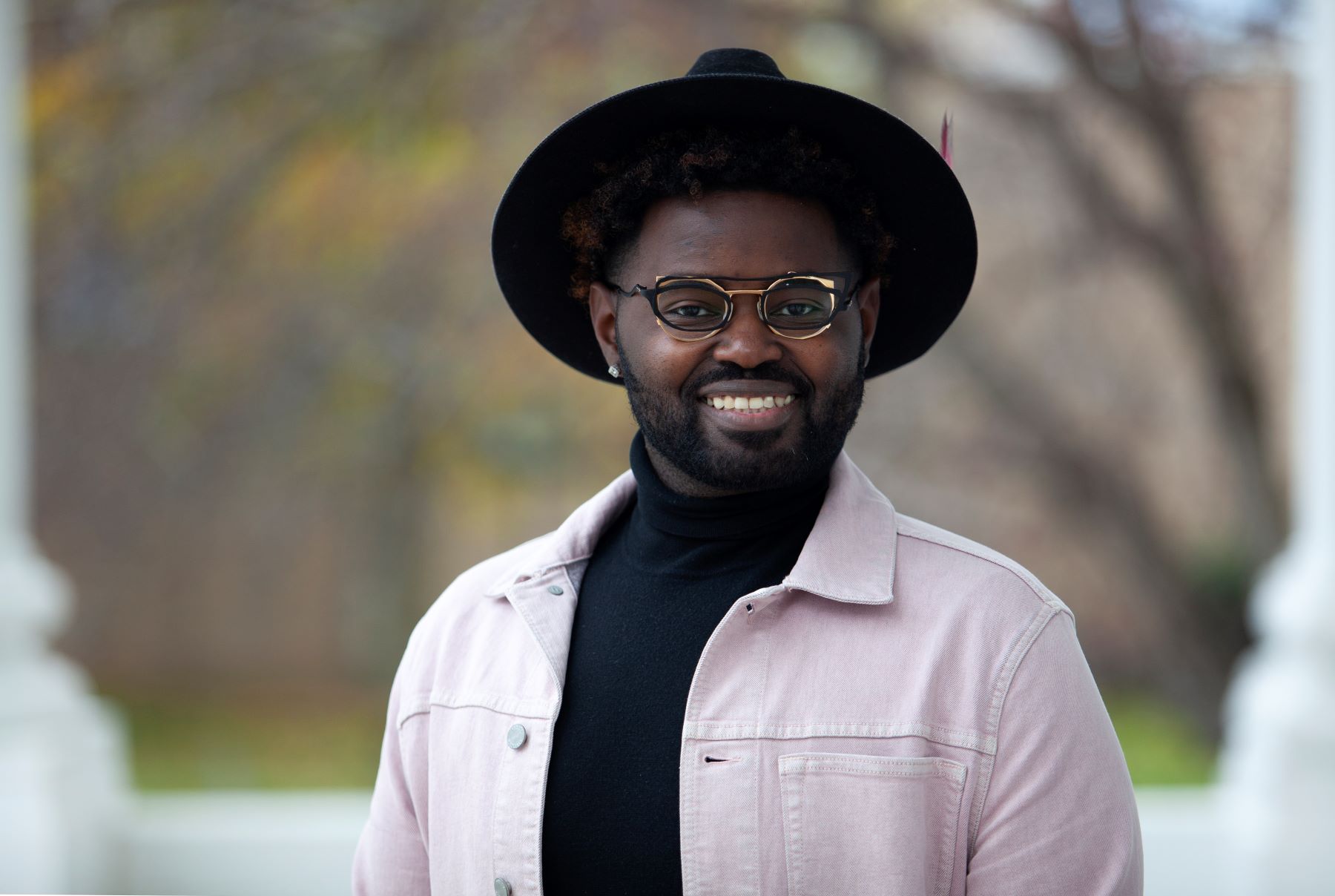
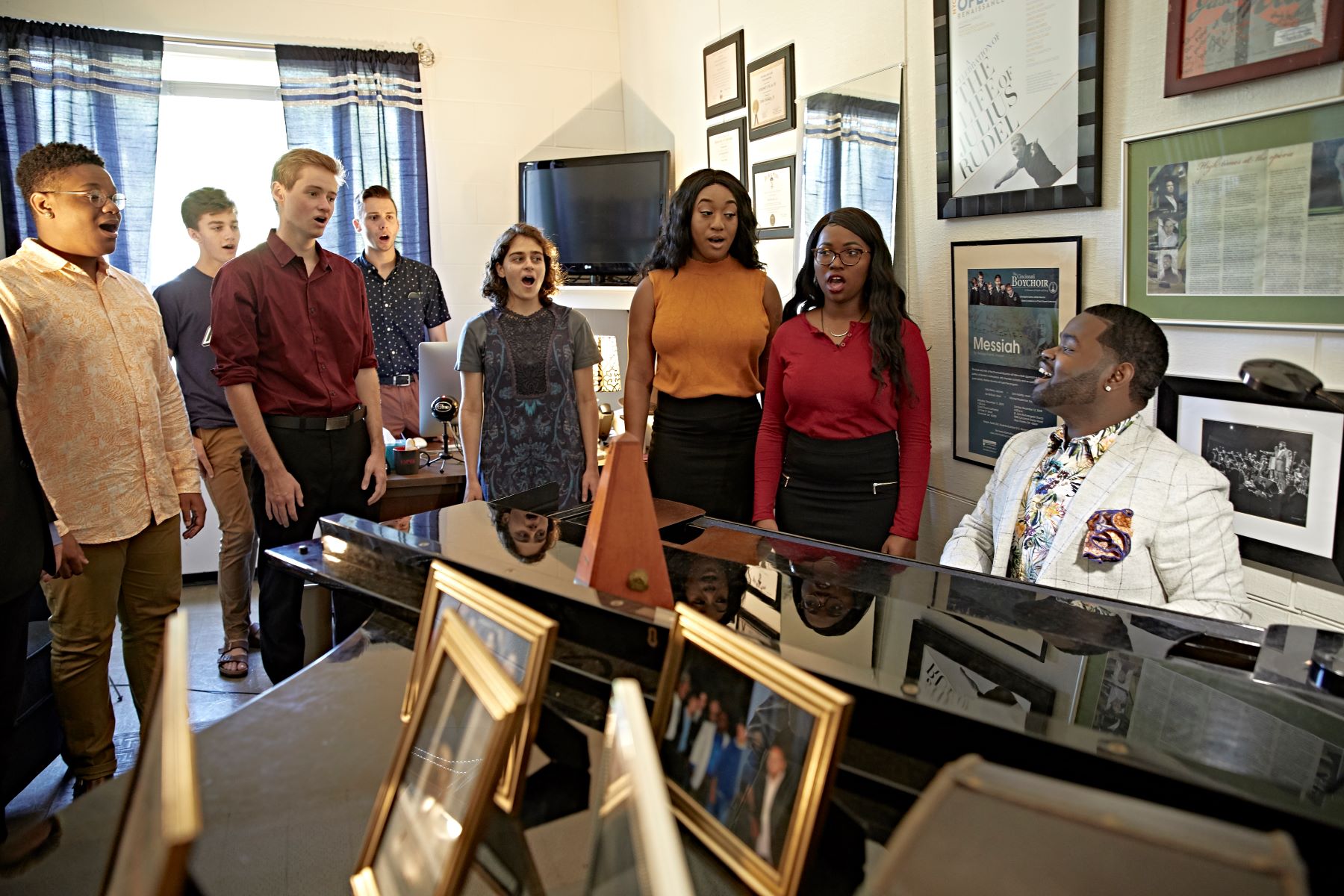
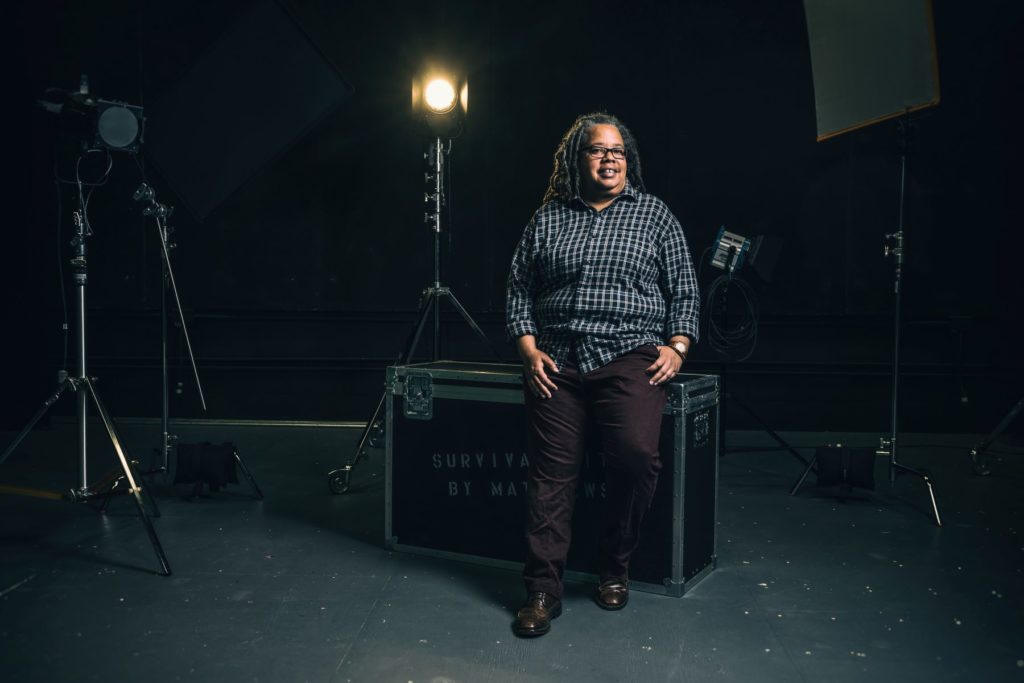
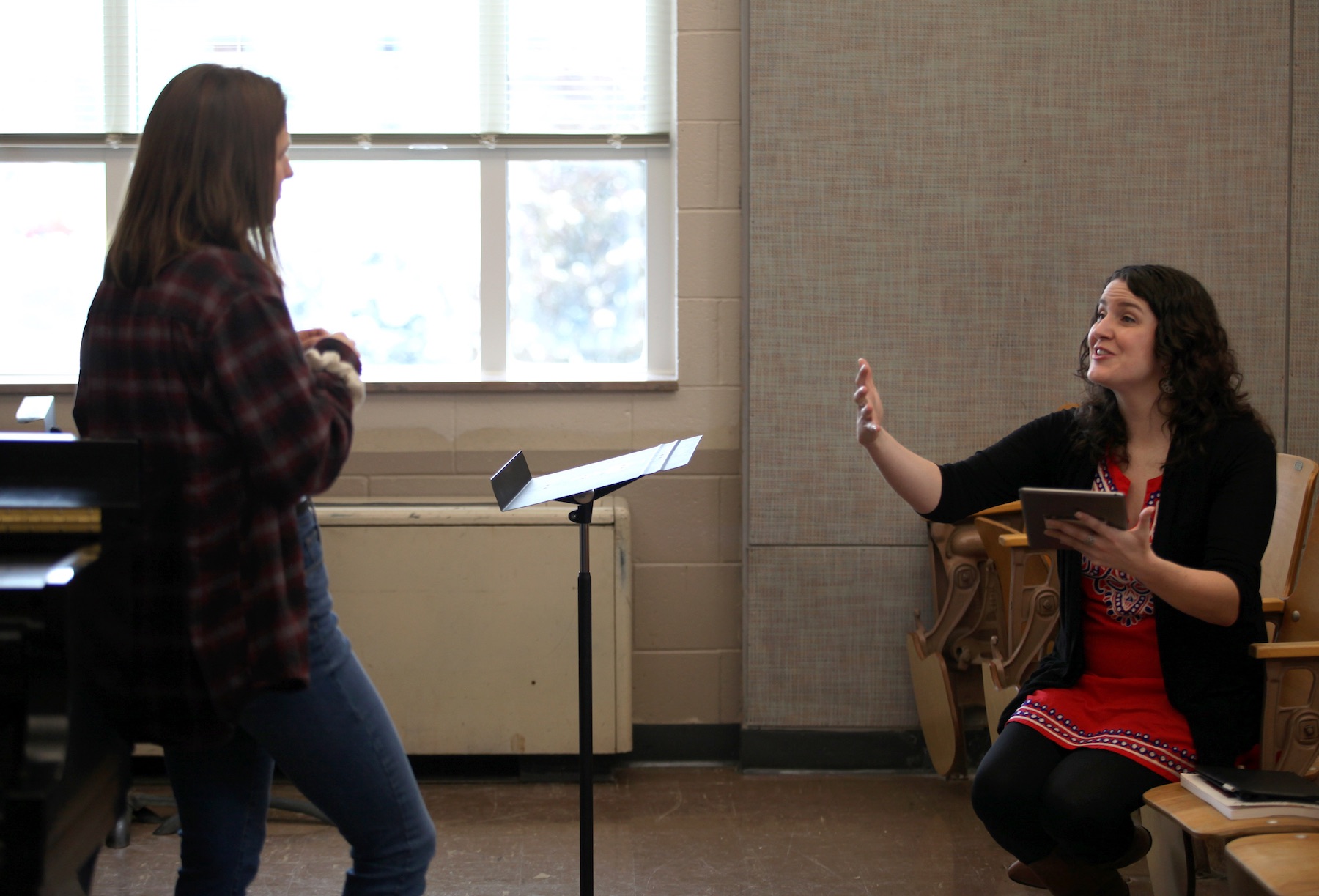
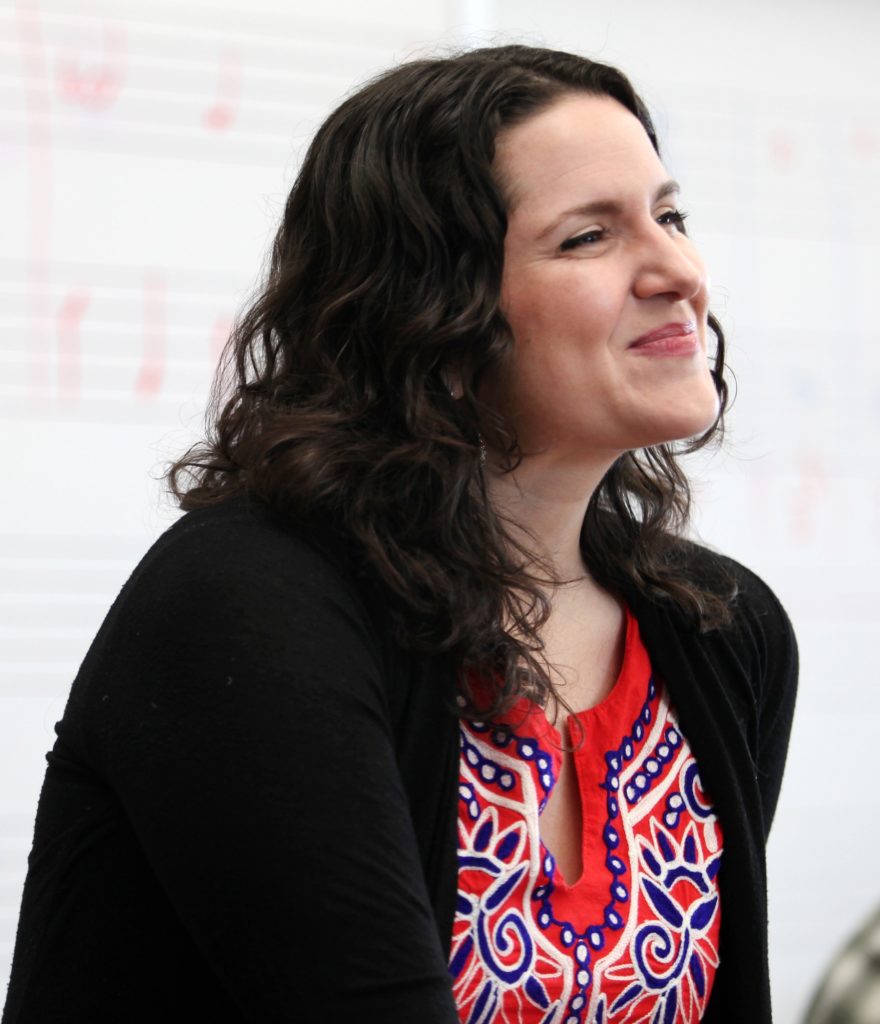
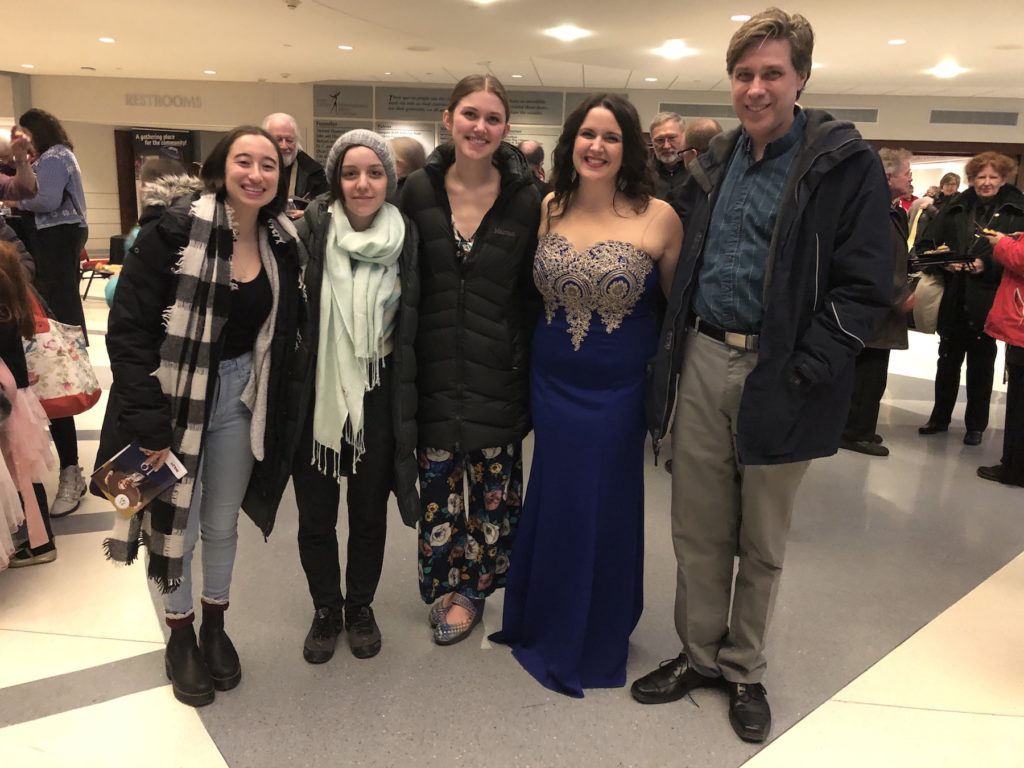
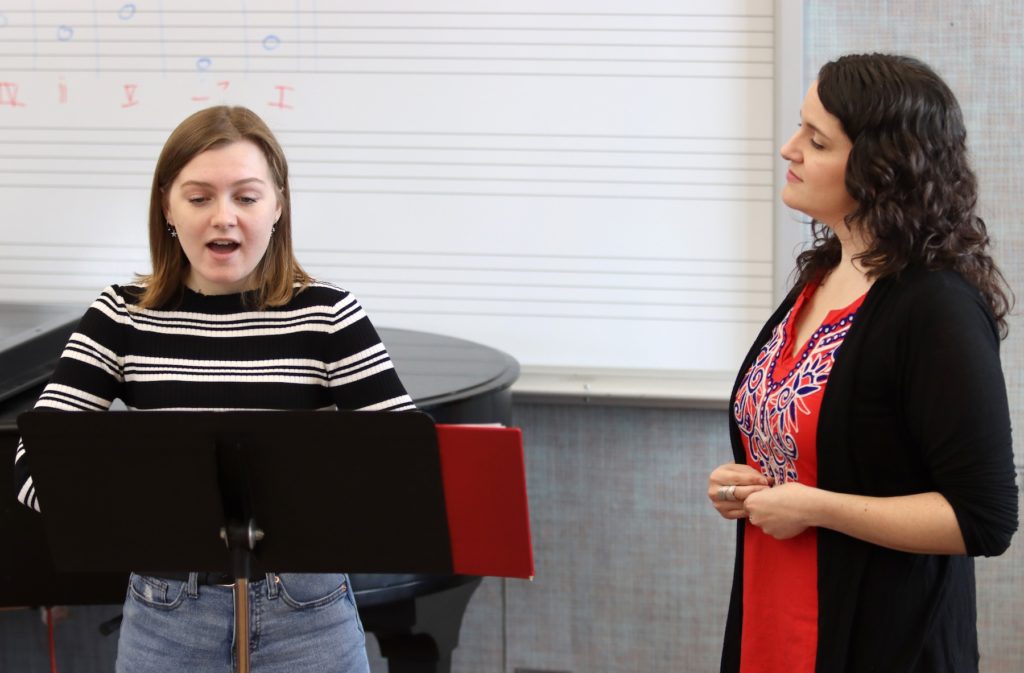
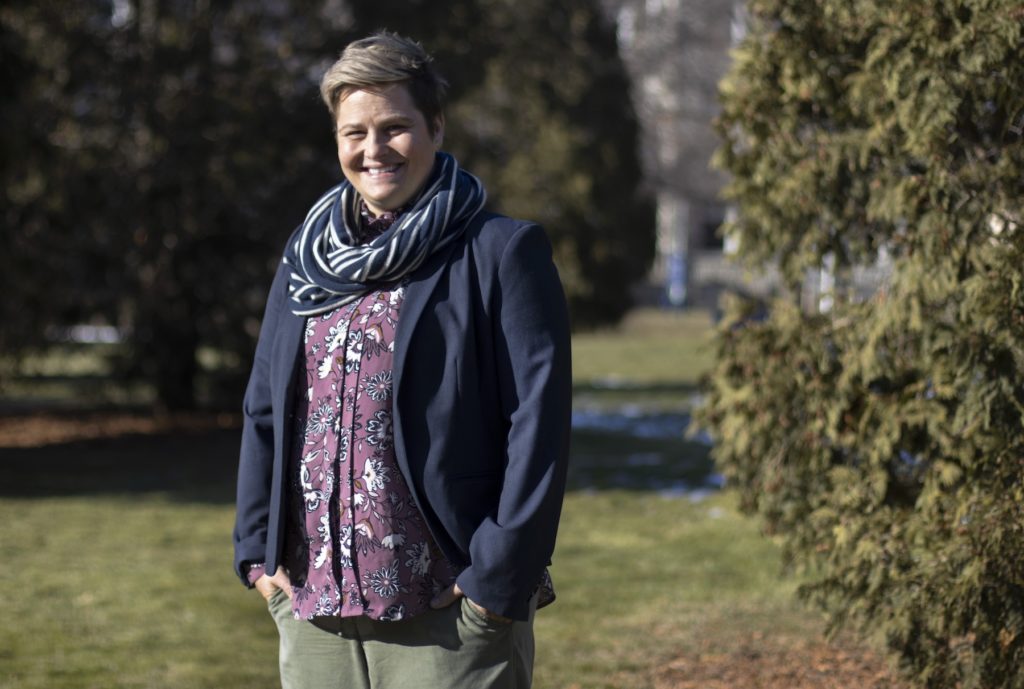
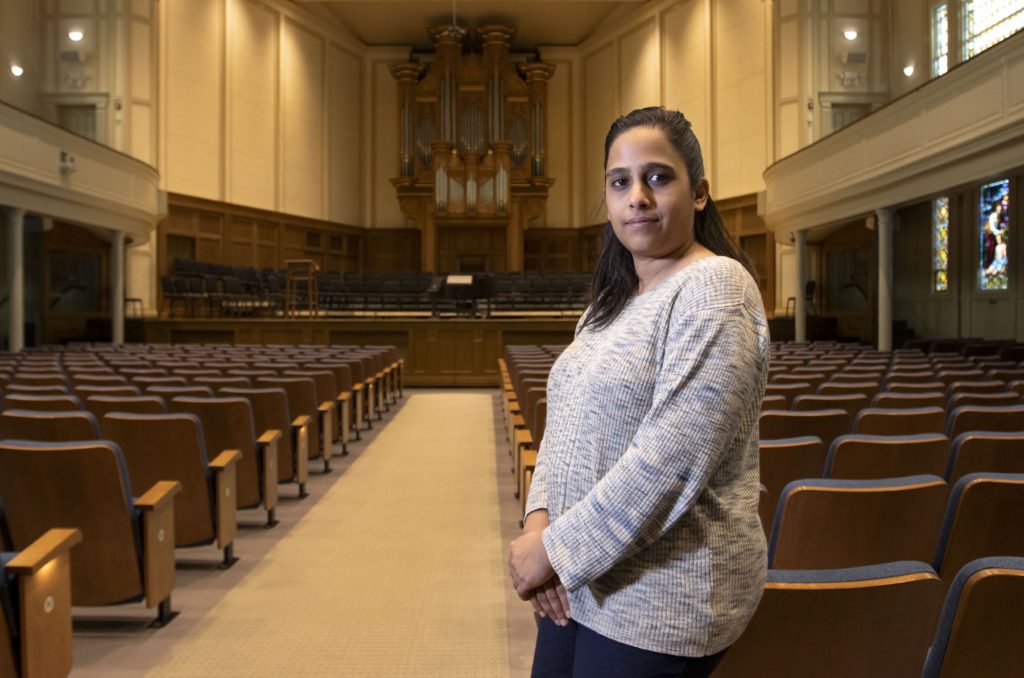
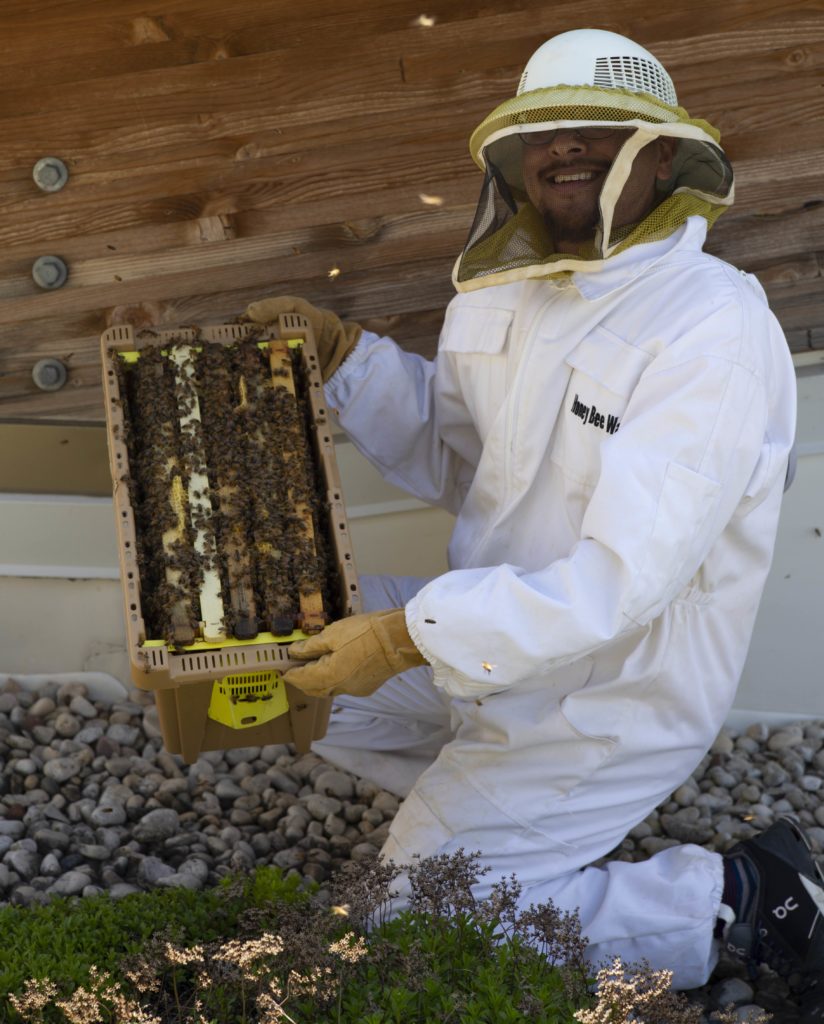
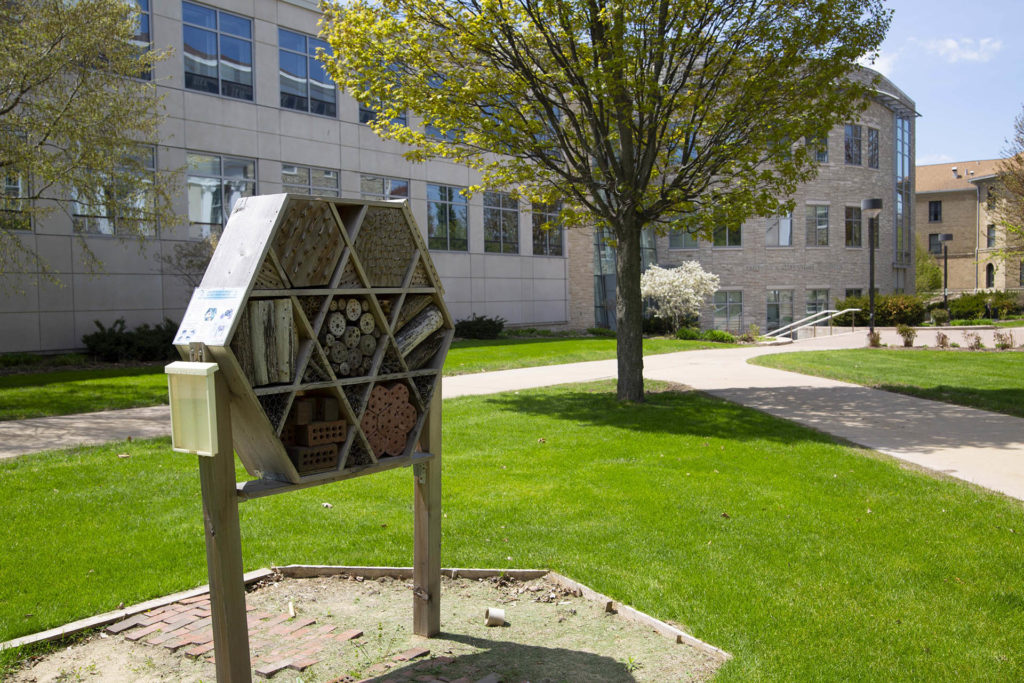
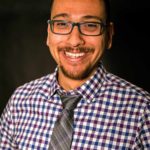
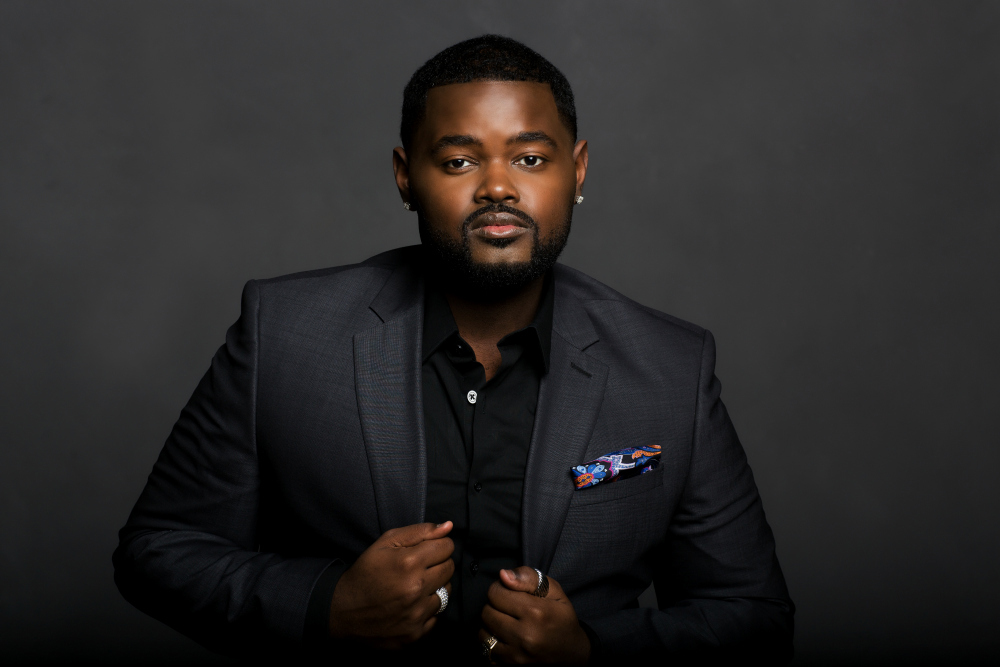
Recent Comments